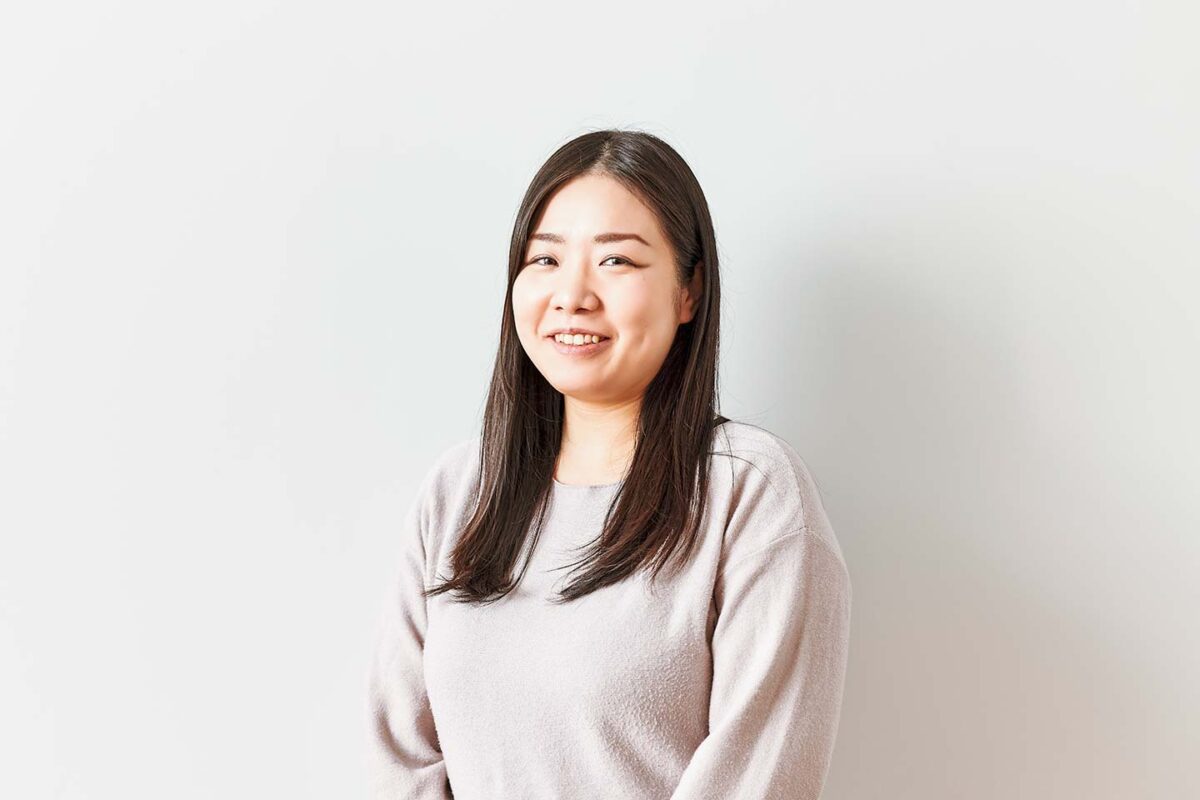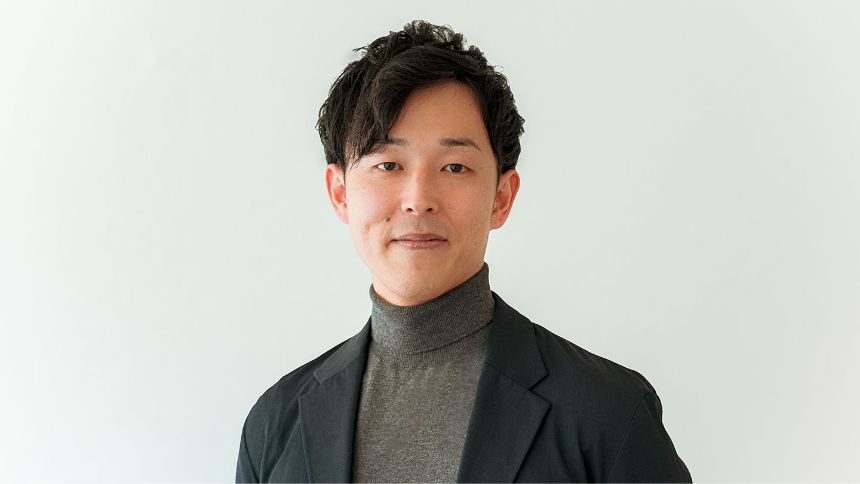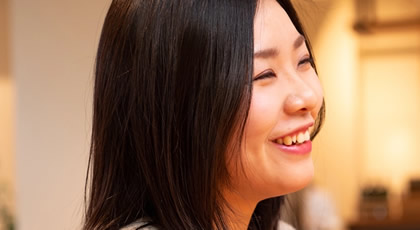
Giving Your All in the Present: A Back Office Manager’s Relentless Self-Challenge
After graduating from university, Akiyo Azuma spent a decade at a seafood supplier, negotiating fish prices at wholesale markets. Then, driven by a desire to aim higher, she made a career change that would lead her to take charge of the back office of TYPICA, a company that has “realized the seemingly impossible in quick succession,” she says. This is the story of Azuma, who has become the crucial backbone of TYPICA.

Unwavering confidence
In the summer of 2019, after a year-long job search, Azuma finally found a company that sparked her interest.
“At the information session, I was struck by how high the president sets his sights,” Azuma recalls, referring to Masashi Goto, CEO of TYPICA. “I knew that working there would help me reach new heights. too.”
During her interviews, Azuma faced tough questions about her ability to handle the demands of the job. Her response was bold: “No one knows if I can do the job until I try. What matters is that I’m confident I can outperform everyone here.”
Azuma’s strategy was clear. “I was there to pitch myself as a product,” she explains. “My theory was to highlight how I differed from others and where I excelled. I’d only worked at one company before. I did have some experience in accounting, but that was in a different sector. There could’ve been someone better suited for the position. But I knew that I could improve myself step by step, day by day, then in a few years, I would outperform anyone. That’s the point I wanted to sell.”

The power of self-discipline
Azuma has a personal mantra she constantly reminds herself of:
“Complacency is dangerous. The moment you become comfortable and let your guard down, mistakes are bound to happen. I always tell myself that today could be that day. What I despise most is losing focus halfway through a task. Even with routine work, I strive to add something extra, whether it’s finding ways to avoid repeating mistakes or double-checking my work.”
This vigilant attitude radiates from Azuma, creating a palpable sense of intensity around her.
“My older sister once asked me, ‘Why are you always fighting so hard?’” Azuma recalls. She explains how her sister, who makes bead crafts, was puzzled by Azuma’s suggestion to time and improve her crafting speed. “She told me, ‘What are you fighting against? If you’re enjoying it, isn’t that enough?’”

But for Azuma, this driven mindset has been second nature since childhood. In high school, where many of her peers aimed for respected regional universities, Azuma stood out. Her academic performance was so exceptional that teachers exempted her from regular classes, allowing her to study independently and even tutor other students.
“I wasn’t competing with others so much as challenging myself, studying diligently day by day. I’ve never been particularly interested in what others are doing. I believe I would have achieved similar results even in a less academically rigorous environment.”
This self-reliant philosophy extended to her time as a college tutor. She would tell her students and their parents,
“The school you attend doesn’t matter as much as how you apply yourself. If you stay focused and motivated, you’ll succeed regardless of your surroundings.”

Azuma’s unwavering self-confidence guided her university choice as well. Despite her parents’ objections and suggestions to aim for more prestigious institutions, she chose to study Design Management Engineering at Kyoto Institute of Technology. “University is for learning,” she asserts. “I believed the right path was to study what truly interested me.”
This pursuit of personal interest led her to work at a seafood wholesale market after graduation.
“The dynamic pricing and negotiations fascinated me,” she explains. “It was a world of strategy and quick thinking. Though my main role was in accounting, the small company size allowed me to experience various aspects of the business, including acting as a middle man in negotiations.”
However, even Azuma has faced periods of discontent. Reflecting on her diary entries, she realized she had spent about two years feeling stagnant.
“I was so fixated on the idea that I needed to be doing something, anything, that I lost my way,” she admits.
Recognizing that inaction was the root of her dissatisfaction, Azuma cultivated a habit of immediate action.
“If I wanted to go somewhere, I’d make concrete plans instead of just daydreaming about it. If I decided to do something, I’d start right away, refusing to use busyness as an excuse to procrastinate.” This shift in mindset led to a more fulfilling year and a valuable lesson: “I realized that personal growth truly depends on our mindset and habits.”

Giving your all is enough
When asked about her goals, Azuma reflects on a poignant moment from her job interview at TYPICA.
“Our CEO, Mr. Goto, asked us if we were happy. That question stuck with me,” she says. “TYPICA’s mission is to protect the livelihoods of coffee producers worldwide.
There’s an incredible drive here to continually aim higher without self-imposed limitations.” Azuma sees her role in the back office as crucial to supporting this mission. “I want to ensure that everyone can fully utilize their potential. As we bring in new team members, my current responsibility is to expand our foundation.”
Rather than setting long-term goals, Azuma focuses on adapting to changing circumstances while staying true to her core motivations. “What’s most important is to consistently pursue what I’m passionate about. If I can do that, the results will follow naturally,” she explains. “Ultimately, I’ll be satisfied if I can give my all as part of something that’s constantly expanding.”
Photos:Kenichi Aikawa























